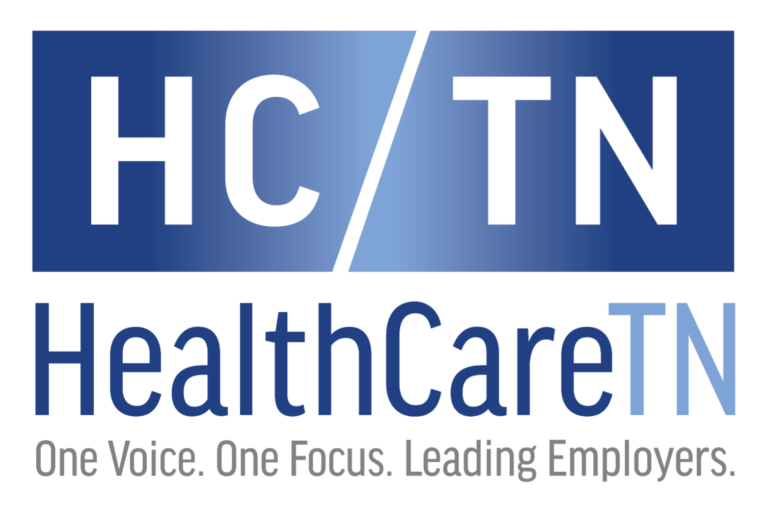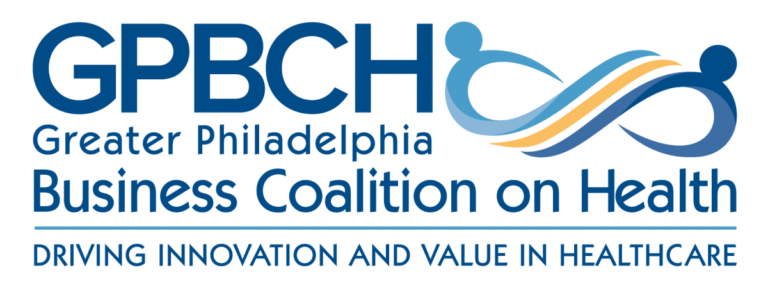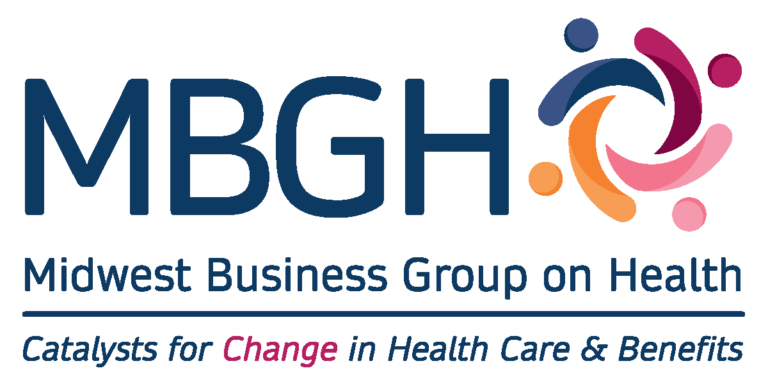Whole Person Health
Overview
The Whole Person Health Strategy Group brings a focus to health and wellbeing strategies that promote the interconnectedness of the biological, psychological and social dimensions of individuals to support holistic, personalized, equitable programs and services for employees and their families. Current initiatives include post COVID-19 crisis, health equity, mental health, obesity, and oncology.

Whole Person Health
Focusing on the interplay of multiple biological, psychological and social dimensions of health and wellbeing.
Employers and other healthcare purchasers play a vital role in helping employees and their families meet today’s challenges in achieving whole person health and wellbeing to improve financial, clinical and quality-of-life outcomes.
The National Alliance is providing support to employers/purchasers and coalitions to identify opportunities to accelerate adoption of whole person health and better achieve improved and equitable outcomes across the health ecosystem.
Stay up-to-date with the National Alliance Health & Cultural Observances Newsletter:
Whole Person Health Initiatives
Employers/purchasers are paying the bills for healthcare that is not delivering value. These initiatives support efforts to improve care and value.
Health Equity
Mental Health
Post-Pandemic Workplace
Obesity
Oncology
Coalitions In Action
Membership in the National Alliance is a catalyst for state and regional coalitions and their employer/purchaser members to advance key initiatives. Together, they leverage their collective influence to drive health, equity and value.

HealthCareTN
Diabetes and hypertension are extremely prevalent in Tennessee. To achieve competitive business results, employers must address the underlying drivers of poor health – obesity and social determinants of health (SDoH). HealthCareTN, through a Tennessee Department of Health grant, developed their first statewide report that outlines the health and economic burden, the impact of obesity and SDoH on chronic conditions, and recommends specific steps employers should take to address these issues.

Greater Philadelphia Business Coalition on Health
GPBCH has focused on measuring quality of oncology care, including production of a regional report on inpatient oncology services and quality, and convening an expert roundtable to discuss employer-relevant measures that could be incorporated into national reporting systems. The coalition also has convened an Oncology Management Summit to promote available tools and strategies to help employers improve outcomes while controlling costs.

Midwest Business Group on Health
MBGH offers employer toolkits that provide insights into best practices and offer turnkey program resources.
Northeast Business Group on Health
There is a growing awareness among employers that factors like where employees live, what food they have access to and whom they’re caring for—in addition to how much money they make — have a significant impact on how healthy they are.

Dallas-Fort Worth Business Group on Health
Dallas-Fort Worth Business Group on Health’s (DFWBGH) Timely Cancer Care Project unites employer/purchaser allied in closing gaps in the use of high-value cancer screenings and driving out health disparities. A pandemic-era deep dive turned discoveries into actionable steps to support employers’ efforts to increase lifesaving cancer screenings for employees and their families.

Kentuckiana Health Collaborative
In communities, substance and opioid misuse and disorders are prevalent. In the workplace, these issues are impacting businesses and the safety and wellbeing of employees. By supporting employees and their family members who face these challenges, employers are positioned to positively impact lives, build a positive culture, and improve their bottom line.

Purchaser Business Group on Health
As the healthcare industry strives to increase equity and decrease disparities, person-centered care should be a focal point. This holistic clinical approach that focuses on patient goals and preferences is considered a key catalyst for healthcare transformation.